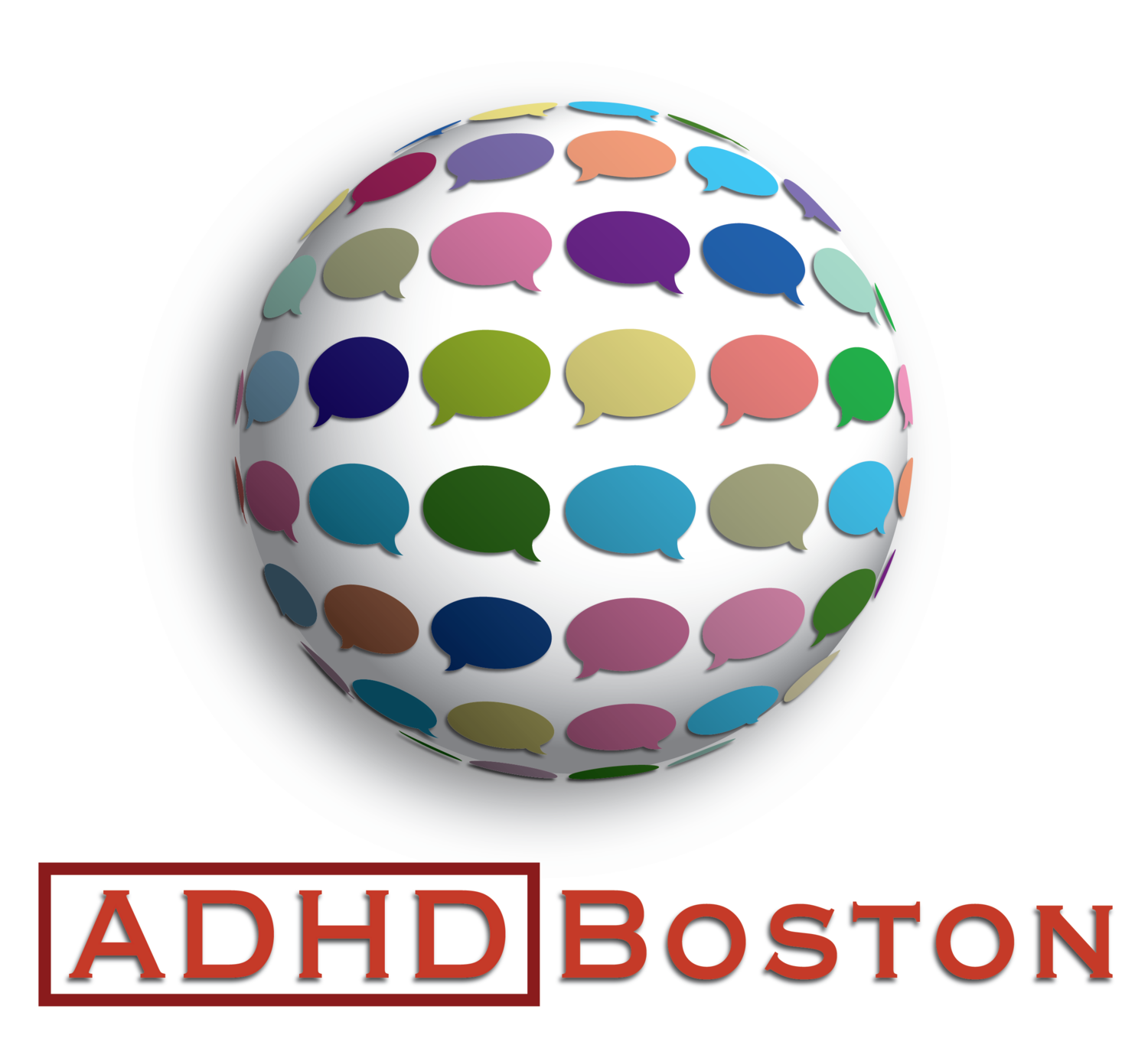Time is a fraught subject. Some say it’s an invention of humans. Others say it is a fact of nature.
Time may be at the core, or the core, of attention.
Time is always there, lurking, passing, nagging and tugging at our consciousness. It occupies part of our awareness, because it must. The way things are constructed around us necessitates that time takes root in our minds.
Everything is within time. It contains our lives, events, periods, epochs, eras and generations. How old is the universe? We have a pretty accurate idea. But our minds are incapable of comprehending that amount of time. We can comprehend what we have invented, based upon the rotation of the earth on its axis, or around the sun. It gets light, and then dark and then light again. Seasons come and go. We get older.
At a higher resolution, we have to be "on time." We are "late." We lose track of it, waste it, spend it, save it, even make time. All of these are figures of speech, but only because they have to be used figuratively. Nothing we can say about time is "real." We measure it - or our phones do for us. It's displayed in the upper left corner of the screen upon which these words appear right now. When you read this, which will be some time from now, these words will be from the past. But you are reading them now. Now is always the same, because the present is always now. Everything else, past and future, do not exist - really. We have to either imagine or remember for them to exist - in our minds.
We reminisce about (fondly, perhaps wistfully) or regret the past. We mull it over, replaying what has happened in our minds, from our perspective, which is only one perspective. We anticipate or dread the future, as it is unknown to us. A lot of time can be spent simulating possible future events, most of which is wasted.
How are we to know how best to make use of time? No one always uses it wisely, at least in retrospect. I don't know anyone who would say, "I have spent every second of every minute of every day of my life in exactly the way I wanted to, and continue to do that right now."
Some say that things happen as they "should," or that "everything happens for a reason," which may be true. But that begs the question: Do we decide what to do, of our own free will, every moment? Or is it all in some way predetermined? This is, of course, the big rabbit hole.
Assuming we do actually make choices and have free will, then we bear the weight of choice at "all times." That is to say, every moment, we must decide what to do with our time. Because it is always passing, moving, slipping.
In physics, there is a thermodynamic principle which describes the constant dilution of useable energy, the inevitable transition from a higher state of order to a lower one. Things fall apart. The center will not hold.
From this stratospheric, even cosmic perspective, time is conceptually slippery. It is true that we all are born and eventually die (for now). Without maintenance, things decay. What is in perfect working order today could be useless garbage tomorrow, or several years from now. We try, but we cannot stop this inevitable march toward disorder that we call time.
For those with minds that do not provide ample space for the "internal clock" that is constant awareness of time, life can be difficult. In order to synchronize with other people, situations and events, we must, in civilized society, give at least some of our attention to time. If we do not, we are late. We miss stuff. We upset ourselves and others if we are not paying some of our limited attention to the passing of time.
Because humans have made time central to attention, we have created a problem. It is not socially acceptable to ignore it, as it is always taken to mean that one does not “care," especially if lack of attention to time involves making others wait. That is rude. It is inconsiderate. If you ignore time, or do not give it enough or your attention, you are, by definition, selfish and self-involved. You care about "your time" more than the time belonging to others. Your time is then "more valuable" than that of others who you stand up, delay, or keep waiting.
Many people with ADHD have little sense of time passing. They find it very difficult, sometimes impossible, to estimate how much time a task will take to complete. As a result, they are often late or miss events they intend to attend. Their intentions are good, and they do care - a lot. It is painful when others attribute lateness to apathy or selfishness. Most of the time, the opposite is true. We very much want to be on time, and we judge ourselves harshly when we are not.
-Thor Bergersen M.D.


